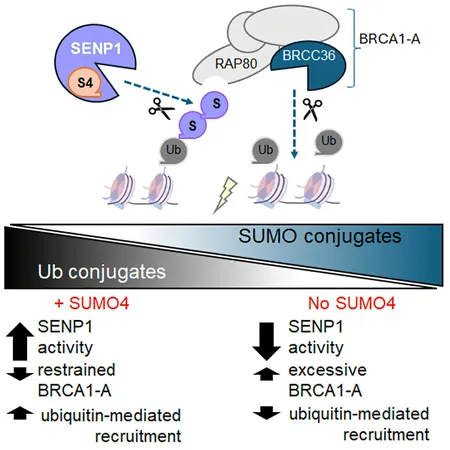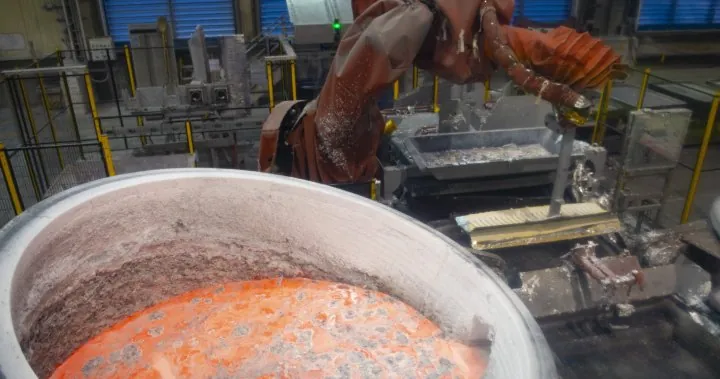
Revolutionary DNA Repair Discoveries Could Transform Cancer Therapy
2025-04-14
Author: Liam
Breakthroughs from the University of Birmingham
Scientists at the University of Birmingham have made significant strides in unveiling the mysteries surrounding DNA repair processes, illuminating how cells mend damage to their genetic material. Their groundbreaking research has been documented in two impactful studies that dissect the intricacies of how our cells achieve efficient DNA repair.
Why DNA Repair Matters
Every moment, our cells vigilantly monitor their DNA, ready to respond to any signs of damage. When DNA suffers harm, cellular alarm signals activate, summoning specialized proteins—dubbed DNA repair "machines"—to mend the breaks. This meticulous repair mechanism must be finely tuned to ensure the right proteins appear in the correct sequence and amounts. This precision is especially crucial because many chemotherapy techniques aim to damage DNA to halt the unchecked growth of tumors.
A deeper understanding of DNA repair intricacies, including the roles and functionalities of specific proteins involved, has the potential to significantly enhance future cancer treatments, making them more effective in combating tumor growth.
Unraveling the Repair Signal Switch
In a major revelation from one study published in Nature Communications, researchers identified a unique "twisting switch" that regulates the initial repair signals. This switch alters the structure of certain proteins, ensuring that repair signals don’t linger too long and disrupt the meticulously choreographed arrival and departure of repair machinery at the damage site.
By providing clarity on how the DNA repair protein RNF168 is deactivated—previously a mystery—the study highlights a four-step mechanism that extracts RNF168 from chromatin, thus averting excessive damage signals. The findings also suggest that cells lacking these regulatory steps exhibit heightened sensitivity to radiation.
Reining in Repair Signal Overload
Another exciting revelation from a study published in Molecular Cell highlights the critical role of the SUMO4 protein, previously underestimated in its cellular function. This protein plays a pivotal role in moderating DNA damage signals, preventing them from becoming overwhelming and ensuring the repair process runs smoothly.
These discoveries not only deepen our understanding of cellular mechanics but also pave the way for innovative cancer therapies that could improve the effectiveness of treatment, potentially revolutionizing how we approach cancer care.









 Brasil (PT)
Brasil (PT)
 Canada (EN)
Canada (EN)
 Chile (ES)
Chile (ES)
 Česko (CS)
Česko (CS)
 대한민국 (KO)
대한민국 (KO)
 España (ES)
España (ES)
 France (FR)
France (FR)
 Hong Kong (EN)
Hong Kong (EN)
 Italia (IT)
Italia (IT)
 日本 (JA)
日本 (JA)
 Magyarország (HU)
Magyarország (HU)
 Norge (NO)
Norge (NO)
 Polska (PL)
Polska (PL)
 Schweiz (DE)
Schweiz (DE)
 Singapore (EN)
Singapore (EN)
 Sverige (SV)
Sverige (SV)
 Suomi (FI)
Suomi (FI)
 Türkiye (TR)
Türkiye (TR)
 الإمارات العربية المتحدة (AR)
الإمارات العربية المتحدة (AR)